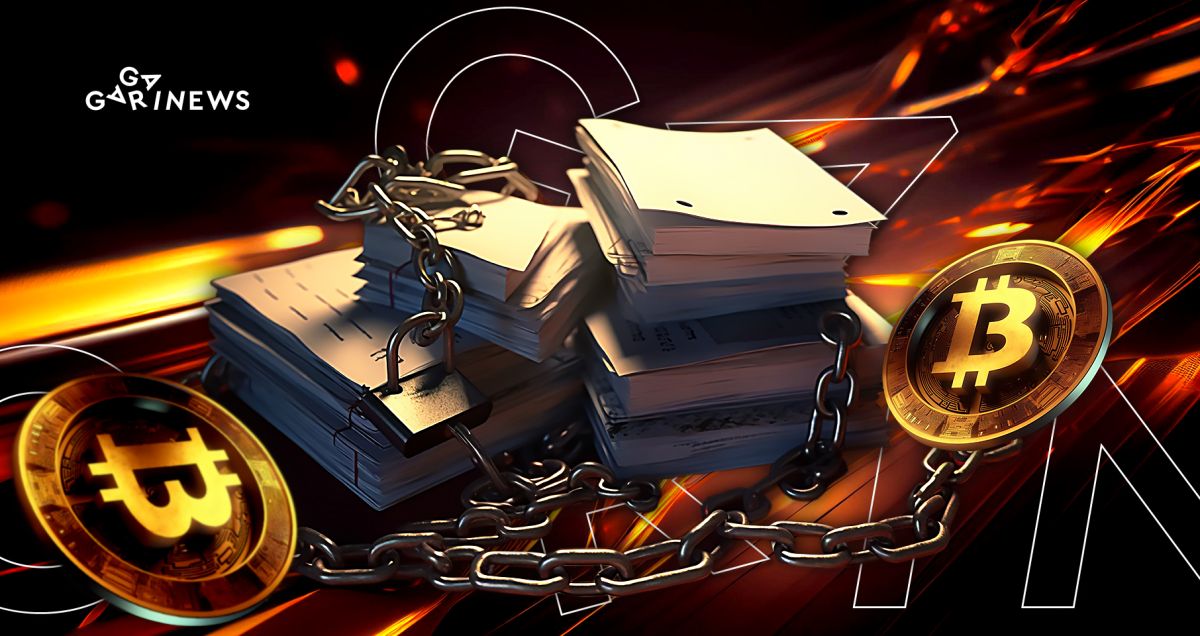Crypto vs Securities: Key Differences Explained

Several cryptocurrencies and tokens often fall into the securities category, requiring compliance with U.S. trading laws. However, due to the ambiguity surrounding regulations, grasping this differentiation can be intricate. Let’s unravel it together.
On this page
The SEC Takes on Cryptocurrencies
On June 5, the U.S. Securities and Exchange Commission (SEC) categorized 13 cryptocurrencies, including BNB, BUSD, SOL, ADA, MATIC, FIL, ATOM, SAND, MANA, ALGO, AXS, and COTI, as securities.
The SEC has taken legal action against Binance and Coinbase, accusing them of engaging in unauthorized and unlicensed trading of assets. Following the release of this information, several altcoins plunged by 30-40%. In response, cryptocurrency platforms swiftly began removing “toxic” coins from their lists of tradable assets.
Is there merit to the SEC's charges against these crypto exchanges, and what fate awaits the cryptocurrencies that the regulator has taken exception to?
The Distinction Between Cryptocurrencies and Securities
The differences between these two asset classes can be found in specific features, the processes involved in asset issuance, and their application. Here are some key differences.
- Asset features and representation on platforms: Securities such as stocks and bonds are essentially electronic documents that confirm an entity's ownership rights or obligations. On the other hand, cryptocurrencies are developed using blockchain technology and are underpinned by cryptographic principles.
- Ownership rights: Often, securities offer market participants the right to influence a particular company's operations and also provide the opportunity to receive a portion of its profits. Cryptocurrencies, however, do not afford this privilege. Owners of these digital assets cannot exert influence over the issuing company but rather have access to digital keys that allow them to manage their holdings.
- Regulation: The regulation of cryptocurrencies is minimal, as their decentralized nature rules out potential interference from a third party. Conversely, the operations of brokers and exchanges dealing with securities fully comply with the financial regulatory framework of their respective countries.
- Risks and volatility: Securities are less susceptible to price swings, hence the risk associated with them is considerably lower compared to cryptocurrencies.
Despite these differences, a closer look reveals that some of these traits could also be applied to cryptocurrencies. That's because today's digital assets can deliver the same services as traditional securities.
Similarities Between Cryptocurrencies and Securities
Interestingly, what one could see as differences between cryptocurrencies and securities can also be interpreted as similarities:
- First, some stocks and bonds can be tokenized. By doing this, these securities are transitioned onto the blockchain, adopting characteristics commonly associated with cryptocurrencies.
- Second, Decentralized Autonomous Organizations (DAOs) can bestow properties commonly linked to securities onto cryptocurrencies. These properties include the right of ownership, voting privileges, and profit sharing amongst token holders.
- Third, some cryptocurrencies distribute a substantial quantity of newly minted tokens to investors through Initial Coin Offerings (ICOs). This practice heightens the risk of centralization, bringing these digital assets more in line with traditional securities.
The crackdown on cryptocurrencies and blockchain companies was sparked by the fallout of the FTX cryptocurrency exchange. Numerous American users lost their funds on this platform, and due to the absence of regulatory oversight and legal mechanisms, recouping these losses or holding those accountable is nearly impossible.
Ripple's Battle with the SEC
In December 2020, Ripple found itself at the receiving end of a lawsuit filed by the SEC. The main argument put forth by the regulator was that Ripple had illegally issued and sold the XRP token to investors, which the SEC classifies as a security. Furthermore, the SEC claimed that the majority of XRP tokens were held by Ripple, resulting in excessive centralization and a closer resemblance to securities.
For the past three years, Ripple has been defending its stance in court, contending that XRP is a digital asset with functions and properties no different from those of BTC or ETH. Throughout this period, Ripple has incurred approximately $150 million in legal expenses and has submitted various documents to the court.
As of the time of writing this article, the case is still ongoing.
What Will Happen to Altcoins?
The circumstances described above pose considerable challenges for altcoins and the exchanges that facilitate their trading. The SEC's capability to prolong legal disputes can erode investors' confidence in cryptocurrencies and tokens. These factors have the potential to negatively impact the overall liquidity of the cryptocurrency market.
However, the presence of smart contracts and a well-developed decentralized finance (DeFi) ecosystem could enable these coins to persist and operate independently from the influence of centralized platforms. This suggests that despite regulatory obstacles, technological advancements might provide a way for these digital assets to thrive.
Summary
The intensity of the SEC's actions toward the cryptocurrency sphere is somewhat puzzling. Rather than introducing fair regulation and a rule-based framework, the SEC is applying considerable pressure on the blockchain industry. Essentially, the American regulator is striving to make cryptocurrencies comply with existing laws that apply to stocks, promissory notes, and bonds, without taking into account the distinctive differences we have explored in this article.
Likely, a compromise will eventually be reached, though how much time and resources this will entail remains unclear.
The content on The Coinomist is for informational purposes only and should not be interpreted as financial advice. While we strive to provide accurate and up-to-date information, we do not guarantee the accuracy, completeness, or reliability of any content. Neither we accept liability for any errors or omissions in the information provided or for any financial losses incurred as a result of relying on this information. Actions based on this content are at your own risk. Always do your own research and consult a professional. See our Terms, Privacy Policy, and Disclaimers for more details.


























